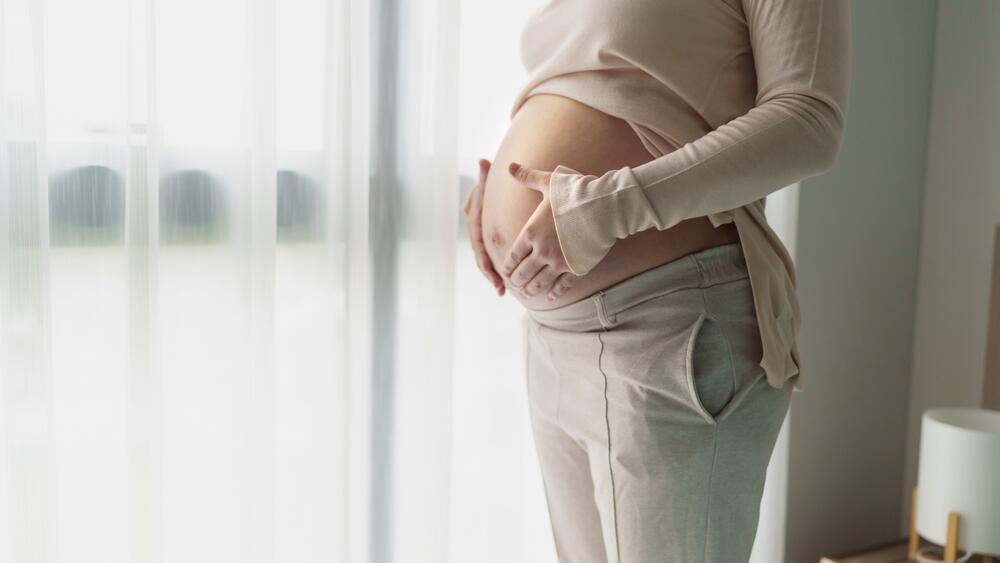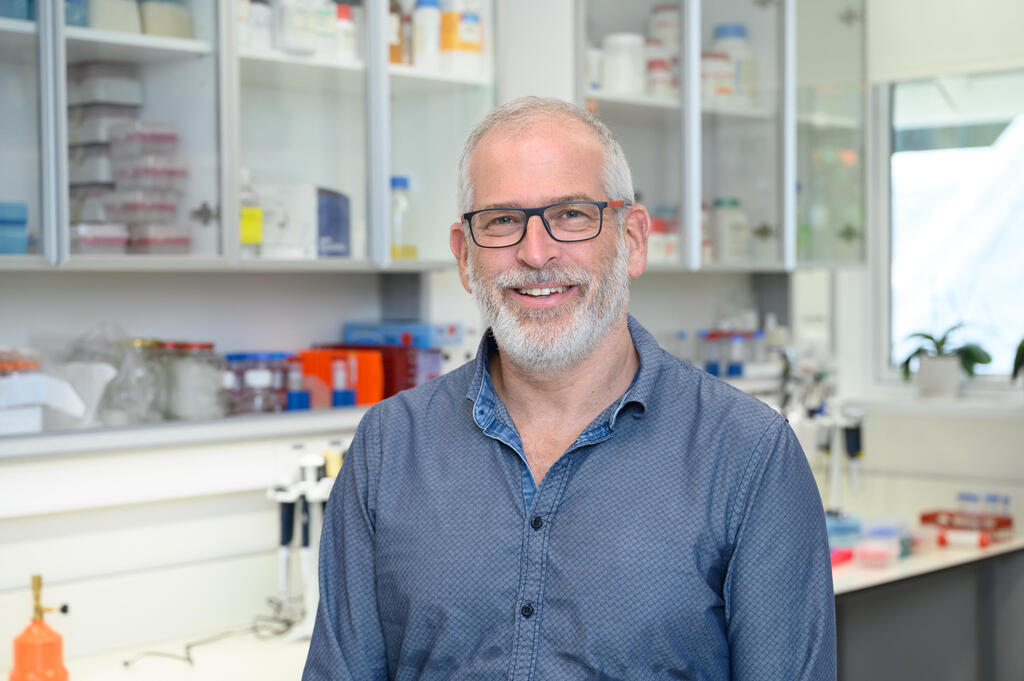Getting your Trinity Audio player ready...
Pregnancy is one of the most dramatic and profound processes the human body undergoes. A new Israeli study published Wednesday in Science Advances sheds light on the physical changes that accompany pregnancy and the postpartum period. Researchers from the Weizmann Institute of Science and Beilinson Medical Center have mapped a detailed biological profile of the female body—from the moments before conception to nearly two years after childbirth.
The study draws on an extensive database comprising 44 million lab tests from 300,000 pregnancies—about half the total number of pregnancies in Israel between 2003 and 2020. It was led by Prof. Uri Alon, head of the Segal Institute for Aging Research at the Weizmann Institute, in collaboration with Dr. Alon Bar and Ron Moran of the same institute, and Dr. Yoel Toledano of Beilinson Medical Center’s maternal-fetal medicine unit.
According to the researchers, the findings illuminate not only the physiological complexity of a healthy pregnancy but also early signs of common complications, such as gestational diabetes, preeclampsia, and postpartum hemorrhage—some of which can appear even before pregnancy begins.
What happens to the body during and after pregnancy?
“We analyzed 300,000 documented births in the Clalit Health Services database, focusing on the 76 most common blood tests,” said Alon. “We examined the results week by week—from 20 weeks before conception, through the 38 weeks of pregnancy, and for roughly 80 weeks after birth. This volume of data gives us exceptionally high precision.”
The researchers concluded that pregnancy is not a short-lived event but a long physiological journey that can affect the body for more than a year. “A woman’s blood volume increases by about 50% during pregnancy,” said Alon. “The placenta secretes massive amounts of hormones that alter metabolism and fat composition—then at birth, those hormones stop abruptly. The body has to return to its baseline, but it doesn’t happen overnight.”
They found that for about half the blood tests, it took between three months and a full year for the body to return to pre-pregnancy levels. “Recovery is slower than commonly believed,” said Alon. He noted that both the healthcare system and society often underestimate the extent of the physical adjustment women undergo after pregnancy ends.
Early signs of complications—even before pregnancy
A striking aspect of the research was its ability to identify early indicators of complications even before conception. “The biggest surprise was how long it takes for the body to return to baseline,” said Alon, “but also that we saw early signs of complications before the woman even became pregnant.”
For example, women who later developed preeclampsia or gestational diabetes showed abnormal blood test results months before pregnancy. Women who experienced severe postpartum bleeding also had abnormal values ahead of time. “This suggests that their health status was already different before pregnancy began,” said Alon. “In the future, we may be able to develop tools that assess risk for complications in advance.”
When do the changes begin—and why?
Beyond pregnancy itself, the study found that biological changes could stem from behaviors in the preconception phase. For instance, nutritional supplements like folic acid taken before pregnancy had measurable effects on blood test results. The researchers were able to clearly detect these effects thanks to the study’s high resolution.
“Our precision was high enough to detect changes before pregnancy started, likely due to supplements like folic acid,” said Alon. “That gives us confidence in the reliability of the data and opens up new ways to understand the ‘quiet’ period before pregnancy.”
Alon pointed to a broader problem: the historical inequality in medical research that has left many women—especially pregnant women—without sufficient scientific attention. “Women’s health in general lags behind because so much more research has focused on men,” he said. “Even in pregnancy, we still lack comprehensive studies. That’s what this research seeks to address.”
He added that the choice to focus on pregnancy reflects a broader value statement: “What you choose to research is a reflection of what you believe matters. I believe we must understand differences between population groups—not just default to men. Every group has its own characteristics. This isn’t just about equity; it’s about medical precision.”
<< Get the Ynetnews app on your smartphone: Google Play: https://bit.ly/4eJ37pE | Apple App Store: https://bit.ly/3ZL7iNv >>
The study offers not only an unprecedented medical picture but also a shift in perspective. It centers the female body, underscores the complexity of pregnancy, and reminds us all—healthcare providers and society at large—that the female body is not a “birth machine” but a rich, complex, and dynamic biological system.
As Alon put it, “A woman isn’t just a machine that gives birth and that’s it. Birth isn’t the end of the story—it’s only part of it. We need to recognize that so we can provide better, more respectful care and support.”



